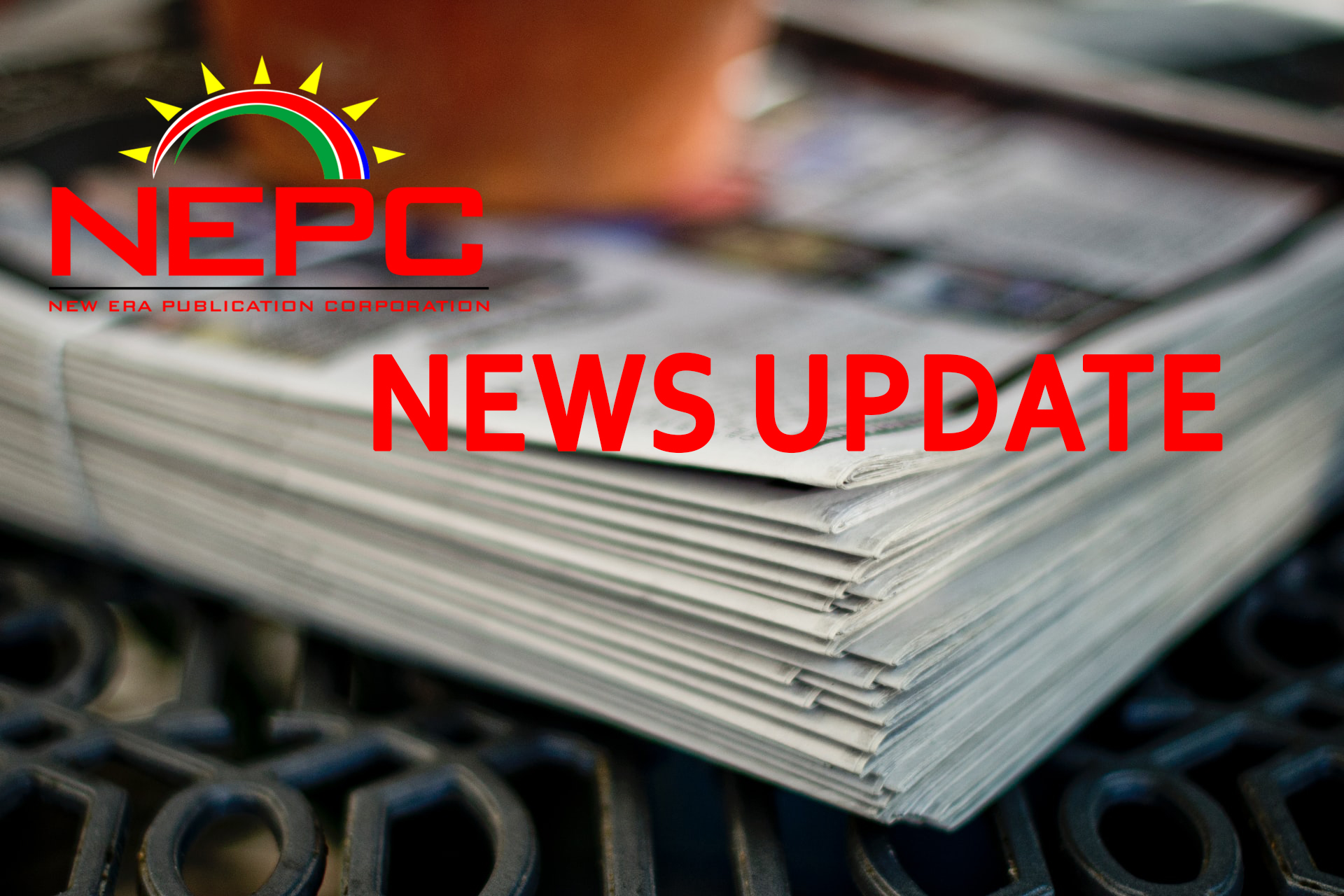Gerson U. Tjihenuna
After the tragic passing of president Geingob last month, the BBC online news reported that his death “led to surge in patriotism, with Namibians from across the political divide coming together to mourn him”.
As his casket was driven across the sprawling city of Windhoek, many Namibians lined up the streets waiving the national flag. We could not have been more patriotic than that.
Making reference to the Brave Warriors’ historic win against Tunisia in Cote d’iVoire, the Sun newspaper of Friday (19 January 2023) had this heading: “Namibia’s win a catalyst for unity, says Benjamin.”
Late president Geingob, like a brave wounded soldier who would keep shooting from the hip, tweeted from his sick bed encouraging our boys to keep on fighting.
As fate would have it, the Brave Warriors’ sterling performance at Africa Cup of Nations (Afcon), that saw us reaching the group of 16 for the first time in our footballing history, and the tragic passing of our beloved president, almost happened back-to-back.
Our boys’ recent performance invoked in us a spirit of national pride, the likes of which was last seen when our two golden girls (Christine Mboma and Beatrice Masilingi) took the athletics world by storm about three years ago. The late president did not love soccer for the sake of it; he saw it as an important tool in the construction of the ‘Namibian House’.
As we were mourning the passing of president Geingob, many speakers made reference to his mantra of the Namibian House, in the richest and most colourful of tones. Where do we go from here to maximise on that legacy?
During our struggle for independence, the slogan ‘One Namibia, One Nation’ was our lodestar and the attainment of independence in 1990 culminated in statehood and nationhood; hence the notion of Namibia as a nation-state.As we celebrate our 34th anniversary as an independent country, the question is, have we succeeded to mould a national identity?
As the chairperson of the Constituent Assembly, late president Geingob played a pivotal role in the drafting of our Supreme Law. The preamble to the Namibian Constitution, inter alia, states that we “…will strive to achieve unity
and a common loyalty to a single state.”
This is a bold political statement, but it is, at best, just a normative declaration whose bearing on society is yet to be empirically certified. The reality on the ground is that there are different racial and ethnic groups inhabiting the area of geography called Namibia. There are not “Namibians” - with distinctively ‘Namibian’ cultural traits - in the same sense as there are “Italians” or “Irish.”
Namibia seems to be a mere geographical expression at this point in time. Indisputably, since it gained political independence in 1990, Namibia has shown requisite characteristics of a state name, a defined territory, national anthem, national flag, and recognition as an international person.
However, there is clear absence of a strong feeling of affinity among the diverse ethnic and racial groups within the country.
In my article published in Volume 28/2011 of The Thinker,
I argued that “…the typical
African state is a constitutional and legal entity, but not necessarily a coherent socio-cultural and homogenous unit; and therein lies its fluidity.”
Namibia is not an exception to this rule.
As Namibians, we suffer from a certain syndrome, which the celebrated Nigerian writer, Chimamanda Ngozi Adichie, refers to as “the danger of the single story.” That simply means that we tend to draw invisible lines separating “the good us, as insiders” and the “bad them, as outsiders.”
We need to start to re-imagine the other, in other words bending a little bit over to put ourselves in “the shoes” of another ethnic or racial group. We need to start thinking inclusively in terms of commonality and beyond racial and ethnic identities.
Thirty-four years into our independence, one of the greatest challenges we are still grappling with is that paradigm shift to truly identify ourselves as Namibians.
In Namibia, national identity is still a very elusive project. To paraphrase the Italian Marxist thinker, Antonio Gramsci, “…transitions are the most painful periods in the life of a nation because the old is not yet dead and the new has not been born….” When it comes to national identity, we are at that period in our history. How do we start? Shying away from difficult conversations like race and ethnicity is not the
solution.
We need to start a respectful and constructive dialogue around race and ethnicity; if we do not want to learn the lesson the hard way like what Rwanda did. Can we do it for Ou Hageba, Kai Axaba?
*Gerson Uaripi Tjihenuna is a commissioner of elections. The views expressed here are his and not those of ECN.


